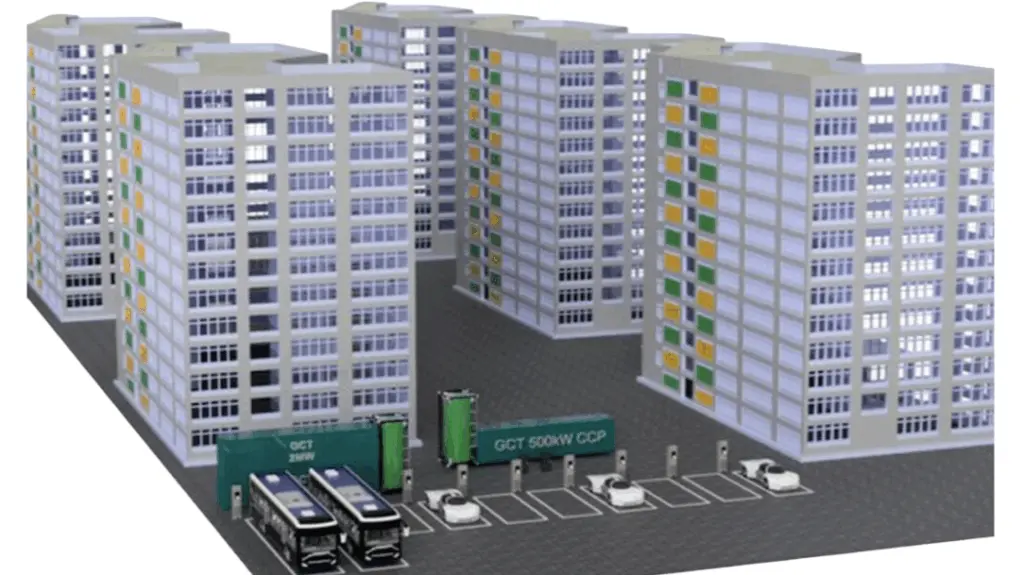PULLMAN, WA – A Washington State University-led team has been selected for a $4 million U.S. Department of Energy grant to develop a proof-of-concept electric vehicle (EV) charging station that relies on inexpensive bioethanol to produce carbon-negative electricity.
As part of the three-year project, the researchers will develop the EV charging station technology that will be powered by a novel reactor system and can be completely independent of the electric power grid.
Funded by the DOE’s Advanced Research Projects Agency-Energy (ARPA-E), the work is led by Su Ha, George Austin Endowed Director in WSU’s Gene and Linda Voiland School of Chemical Engineering and Bioengineering, in collaboration with researchers at 3G&S US, LLC, an energy technology company, and Nissan Technical Center North America in Michigan.
The unique system the researchers have developed achieves carbon-negative hydrogen production using raw bioethanol. The technology uses a chemical reaction to convert bioethanol into hydrogen, which can be used to produce electricity in a fuel cell, and liquid bicarbonate, which can then be transformed into value-added products. The electricity can be stored in recycled batteries on-site to be used in the EV charger. The technology simplifies current hydrogen production efforts by operating at lower temperatures and by integrating the conversion process and carbon dioxide removal in a single step.
The unique system can make hydrogen and then electricity directly from raw bioethanol, meaning the EV stations won’t need to be connected to power lines or the power grid.
Because the hydrogen and then the electricity can be made directly from an inexpensive and widely available biofuel, the EV stations won’t need to be connected to power lines or the power grid, which is cumbersome and expensive.
Furthermore, the innovation means that hydrogen can be made on-site and on-demand at fueling stations, so only the bioethanol would have to be transported using existing infrastructure. It is a major step in eliminating the need to transport high-pressure hydrogen gas and its storage, which has been a major stumbling block for its use as a clean energy fuel.
“Our ARPA-E project is developing a breakthrough reactor technology to produce clean hydrogen for carbon-negative and off-grid electricity production at a competitive price,” said Ha. “This technology offers a sustainable and scalable solution for local, distributed, and clean electricity production, supporting the U.S.’s growing EV fleet without adding strain to the electric power grid.”
The funding for the work comes through ARPA-E’s Vision OPEN 2024 program, which aims at fueling transformative energy innovations.





